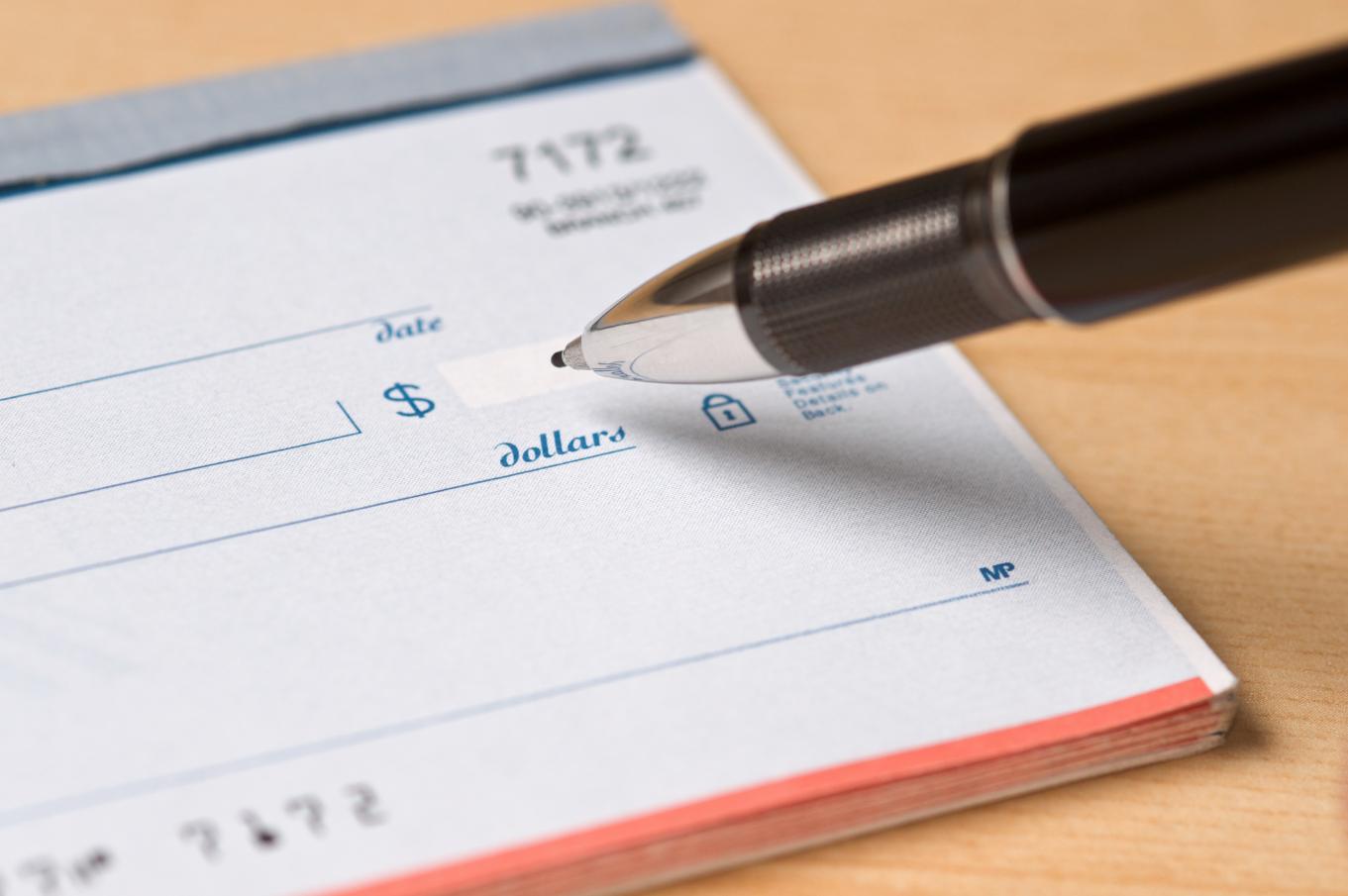What Is The Difference Between An Earnest Money Deposit And A Down Payment?
Is sustainability important to buyers?
When you are buying a home, the financial vernacular can get a little confusing. You have heard of earnest money deposits and down payments, but do you need one over the other? Do you need to accommodate for both? Are they the same thing?
Both earnest money deposits and down payments are critical parts of the home buying process, but they are definitely not the same thing. However, in both cases, the more money you can offer, the better your chances may be of getting the home you want. So, what is the difference? Let’s discuss.
What is an Earnest Money Deposit (EMD)?
To show a seller that an offer is serious and made in good faith, a prospective homebuyer will include a check with their offer, for typically 1-2% of the purchase price. This is known as the “earnest money deposit” and is an integral part of a buyer’s offer. The seller may get to keep that money if the buyer pulls out of the deal for a reason that isn’t allowed under the purchase contract, such as the buyer simply changing their mind after the contract is ratified. A strong earnest money deposit essentially acts as security and incentivizes the seller to accept an offer and take the home off the market versus waiting for offers from additional prospective buyers.
If the seller has several offers, a larger earnest money deposit could set you apart from the competition. For more expensive properties, your real estate agent might be able to negotiate a lower deposit. As a general rule, earnest money is worth as little as a seller is willing to accept and as much as a buyer is willing to offer.
Always make sure you have the money in the bank before you submit a check with your offer. The earnest money deposit is typically turned over to the title company after the contract is ratified and they will cash it shortly thereafter. The money is placed in an escrow account until closing. If the deal goes as planned, the earnest money is usually applied towards your down payment. In the event you negate the contract due to one of the contingencies in your offer, such as the results of the home inspection, your earnest money deposit will usually be returned. Make sure you read your refund agreements carefully.
What is a Down Payment?
The down payment is the amount of money that the lender requires you to put towards the purchase of the property. Normally based on a percentage of the total sales price, the amount is typically established early in the loan application process with your lender. While down payment amounts can vary from 3.5 percent for an FHA loan to upwards of 20 percent for certain conventional loans, normally the source of the money must be verified and approved by the lender.
With a higher down payment, your chances of getting approved for a mortgage are higher. In addition, you will have a smaller monthly mortgage payment and more equity in your new home.
Related Articles:
- What are the 3 ways buyers can lose their earnest money deposit?
- Everything you need to know about earnest money deposits
- Is sustainability important to buyers?
EMD vs. Down Payment: Final Words
EMD is money is offered to the home seller to convince them you are committed to purchasing their home. A down payment is the amount of money the buyer must produce for the lender to approve the loan on the home. In its simplest form, the earnest money deposit is a promise to the home seller, and a down payment is a promise to the lender.
Are you a prospective homebuyer and need additional help navigating the complexities of earnest money deposits and down payments? Contact the Eric Stewart Group, trusted real estate professionals who know the ins and outs of the industry. For more information on the home buying process, download our free Savvy Buyer Guide, which is packed with useful tips and will help you avoid common buyer mistakes!
About Eric Stewart
Eric Stewart started his real estate career in 1987 and each year he and his group sell over 150 homes in DC, Maryland, and Virginia. The Eric Stewart Group has completed more than 3,000 real estate transactions, placing Eric in the top 1% of Realtors® in the nation. With a comprehensive approach to marketing and a knack for negotiation, the Eric Stewart Group has built a reputation of trust and tireless persistence throughout the area.
















